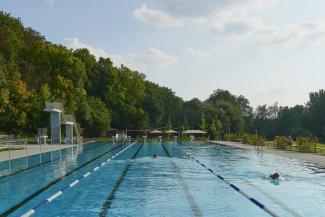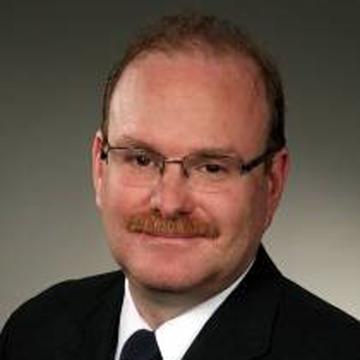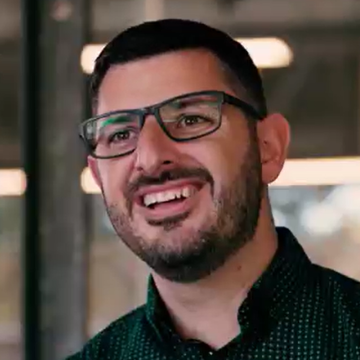
Sustainable public pools: Design, technical and operational concepts
Moderator: Dr Stefan Kannewischer
As aquatic facilities evolve, sustainability and urban resilience are at the forefront. From reducing embodied carbon in pool tank construction to learning from a decade of practical decarbonisation strategies, these sessions explore how data-driven decisions and holistic planning can lower energy use and costs. Looking ahead, hybrid pool concepts highlight the role of multi-use, compact designs in shaping sustainable urban development. Together, these perspectives reveal how rethinking construction, operation, and urban integration can create aquatic facilities that are not only efficient, but also vital assets for future communities.

On the panel
Sustainable construction – how does it work?
Prof. Dr Andreas Gerdes, KIT Innovation Hub, Germany
Sustainable construction represents a new challenge for all stakeholders in the construction industry, and one that is constantly growing in scope and complexity. The increasing number of regulations, such as the EU taxonomy and ESG, already has a greater impact on the construction industry than the multitude of new technical guidelines introduced over the past 25 years. But how can these requirements be implemented in practice?
Decarbonising aquatic facilities: Lessons from a decade of transformation
Nick Yannakis, Director Aquatic Services, Beca, New Zealand
Drawing on a decade of experience, Nick shares practical insights into decarbonising aquatic facilities amidst rising energy costs. He will discuss why understanding your facility’s unique energy profile is critical, pitfalls of “fuel-switching” without planning, and how holistic strate¬gies—rooted in real data—can deliver sustainable, cost-effective outcomes for existing and future aquatic assets.
Hybrid pool concepts: combined use as an urban planning benefit?
Prof. Brigitte Häntsch, Owner, AHM Architekten, Germany
In order to meet the goals of sustainable development in construction, land use is a key issue. Instead of the typical single- or two-story swimming pool buildings, we will increasingly see compact, multi-story hybrid pool buildings emerging in dense urban areas through the combi¬nation with other uses. What architectural and functional challenges do these hybrid buildings present?


